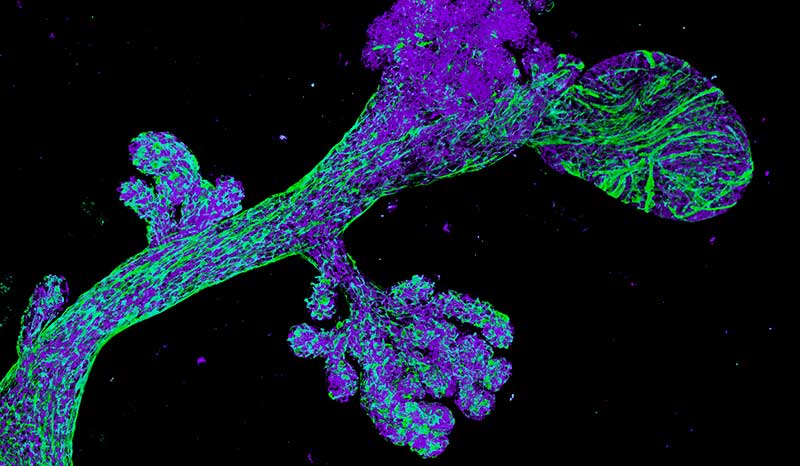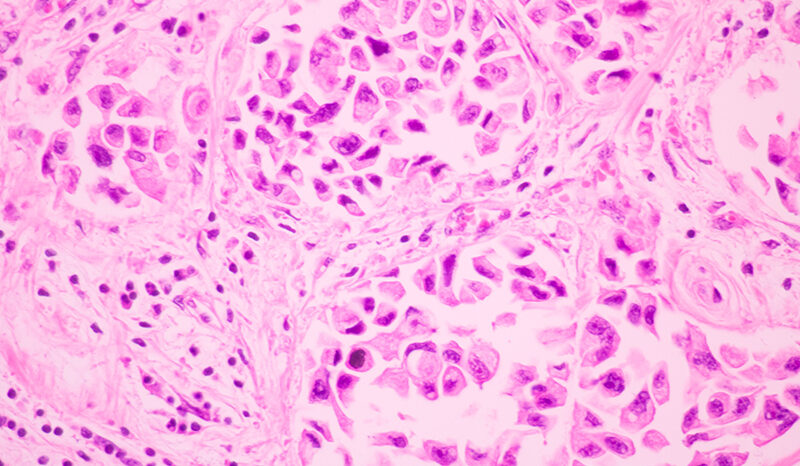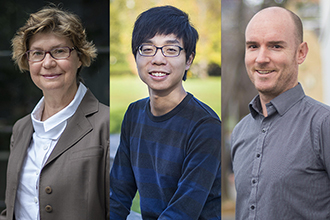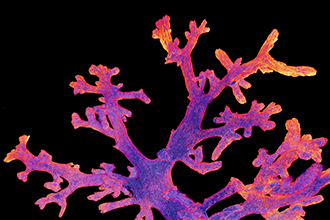Our team collaborates a number of laboratories at WEHI, including bioinformaticians (Smyth and Chen Laboratories), cancer biologists (Fu, Sutherland, Scot and Strasser Laboratories) and immunologists (Gray Laboratory).
We have established a Translational Research hub (TransBCR) with local and interstate partners, and have strong links to the clinic that include Parkville Breast Unit, Parkville Familial Cancer Centre, Parkville Cancer Clinical Trials Unit, Peter MacCallum Cancer Centre, the Royal Melbourne Hospital, Victorian Cancer Biobank, Breast Cancer Trials Australia and kConFab.








